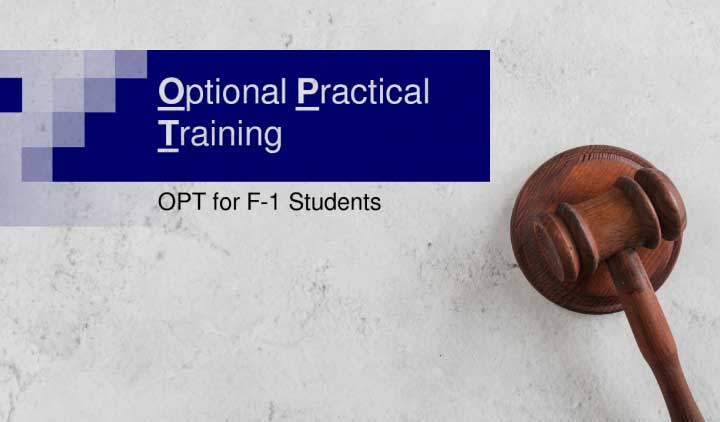WashTech has been in a long dispute with the Department of Homeland Security over the OPT program, but in July the US District Court for the District of Columbia ruled that the DHS’s 2016 STEM OPT decision would reopen a previous case from 1992.
“Millions of American citizens are ready, willing and able to take those jobs”
The latest suit is seeking to sue the US government for its 1992 regulation creating the 12-month OPT program for international students, and the 2016 regulation permitting eligible STEM graduates to apply for an extension of their OPT program by 24 months.
An extension of an international student’s visa, OPT allows graduates to work in an area related to their study for a total of 12 months, or longer if they have a STEM degree.
But earlier in 2019, a Republican member of the House of Representatives for Arizona Paul Gosar introduced a bill to eliminate the OPT program.
In a recent letter, Gosar asked president Trump to end the OPT program by executive order. “OPT hurts American citizens: debt-laden college grads are being denied employment opportunities, US white-collar professionals are being replaced by foreign labour and US women and minority STEM candidates are being shut out of US jobs,” Gosar wrote.
JOIN OUR OPT JOBS PLACEMENT PROGRAM – GET HIRED
Millions of taxpaying, hardworking people from across the US “profoundly disagree” that the OPT is good for America and needed for US competitiveness, he claimed.
“The truth is, millions of American citizens are ready, willing and able to take those jobs, they just need a chance of employment,” he argued.
“OPT removes that chance for millions of Americans.”
OPT demand grew by 400% in the eight years between 2004 and 2016, and it was the primary driver behind the 1.5% increase in international student numbers in 2018 according to an Open Doors report.
However, a National Foundation for American Policy study has found that evidence shows that the OPT program does not take jobs away from US workers.
The organization said that the current administration’s policies of preventing graduates to work in the US “would be harmful to the American economy”.
University at Albany dean for international education and vice provost for global strategy Harvey Charles noted that many prospective international students choose the US on the basis that they can find employment in their areas after graduating.
“This program is very important to prospective and current international students,” he told The PIE News.
“While not all international students pursue practical training in the US, many of them do and in a way, it is an extension of the training they receive in the classroom, hence their interest in it.”
All leading industrial nations have policies that seek to attract and retain the highly educated professionals who are not native-born, Charles added, while the OPT program offers US employers a “wider pool of prospective employees”.
“The biggest beneficiaries of OPT are US employers because they are able to leverage the skills and knowledge of the best of international student graduates to create better products, and in the end, to become more profitable,” he added.
“We need to continue to persuade international students to bring their talent to our classroom”
Heather Stewart, NAFSA’s counsel and director of immigration policy, told The PIE that the WashTech lawsuit has a complicated procedural history dating back to 2008 and that NAFSA is monitoring the case as it evolves.
“OPT serves as an important recruitment tool as it helps to ensure that the country remains the premier destination for higher education,” said Steward.
“We need to continue to persuade international students to bring their talent to our classrooms, communities, and country, [and] NAFSA will continue to advocate for access to experiential learning opportunities for international students.”
Source:- https://bit.ly/30Mu0mH
Disclaimer:- https://bit.ly/2S00nLJ
SUBSCRIBE TO OUR LATEST UPDATES
[newsletter_signup_form id=1]

